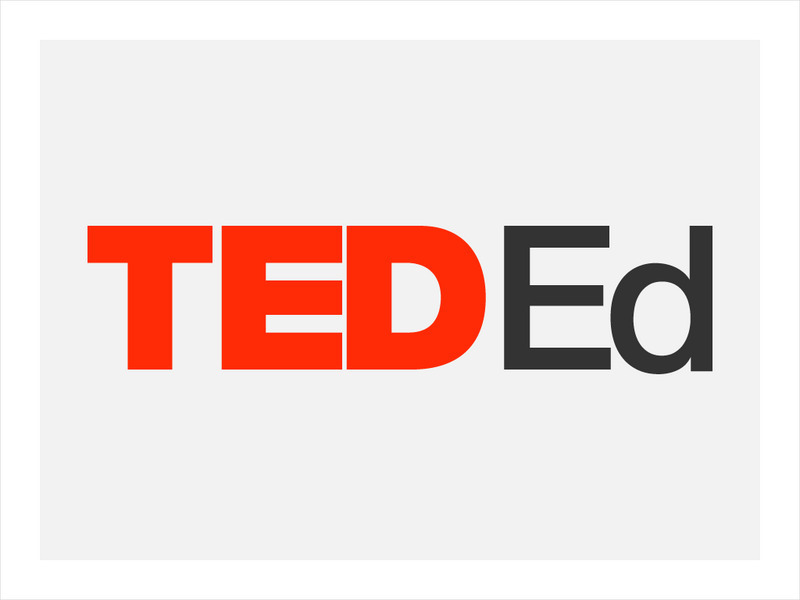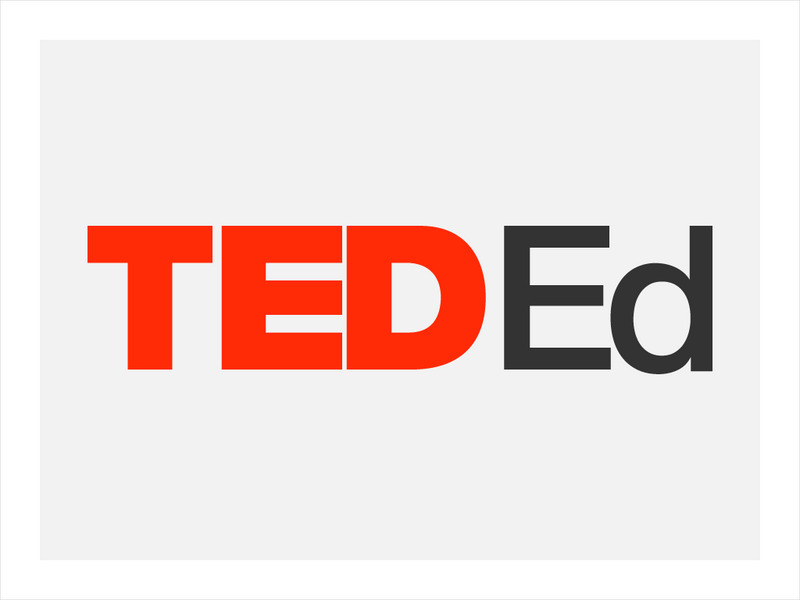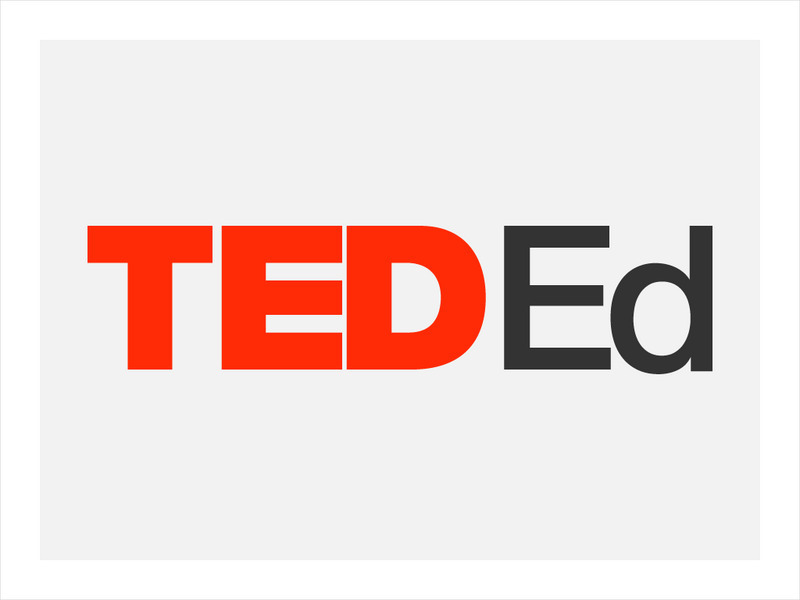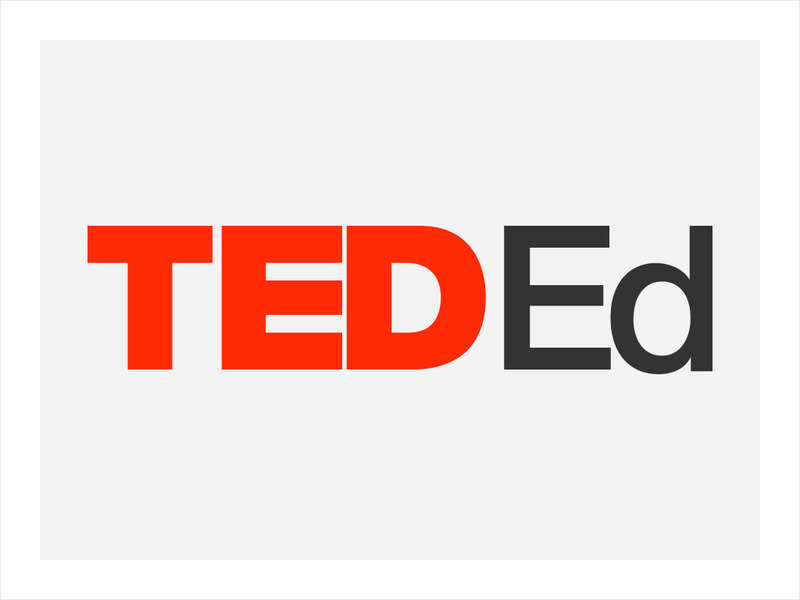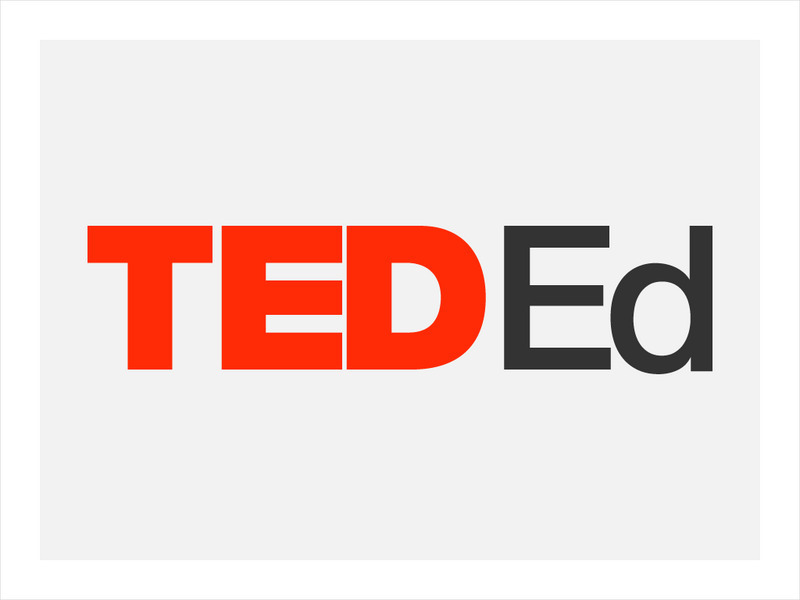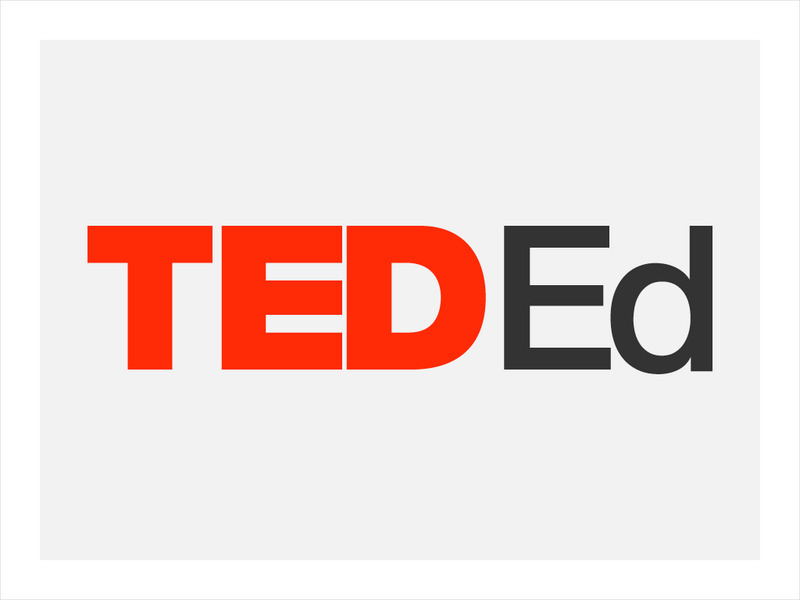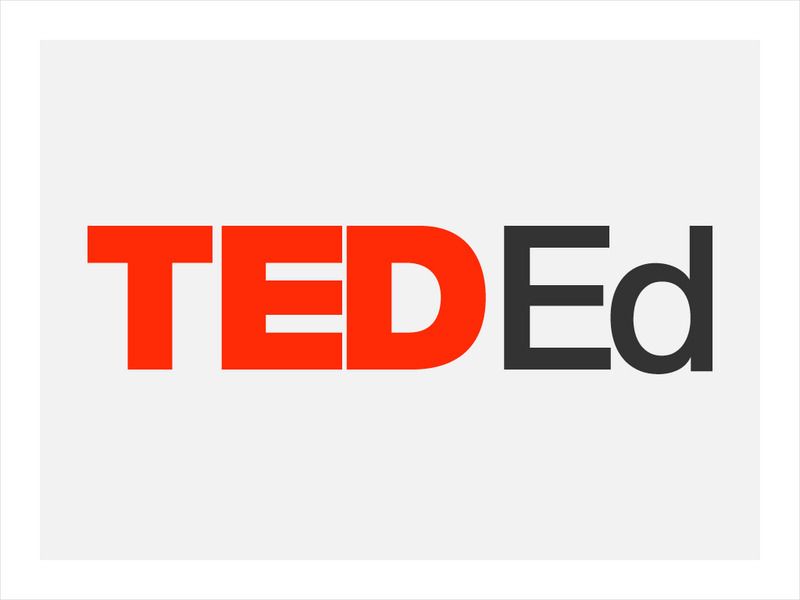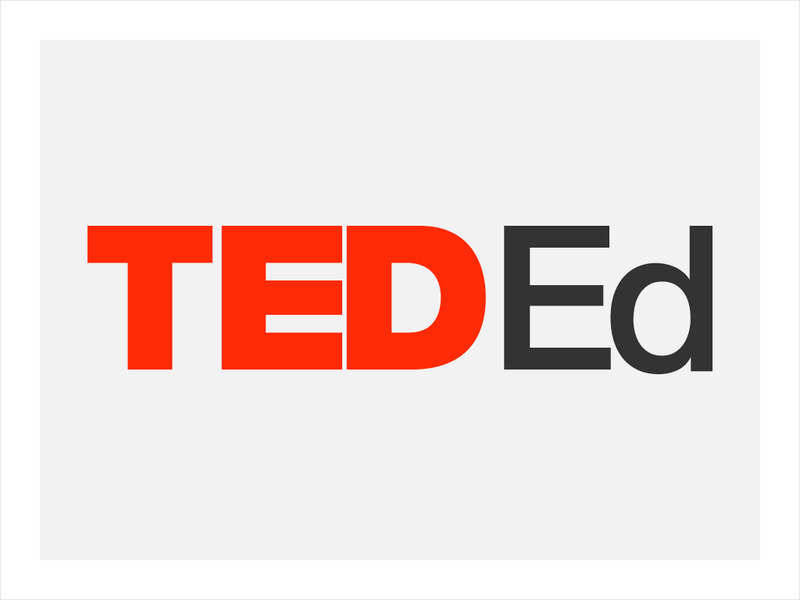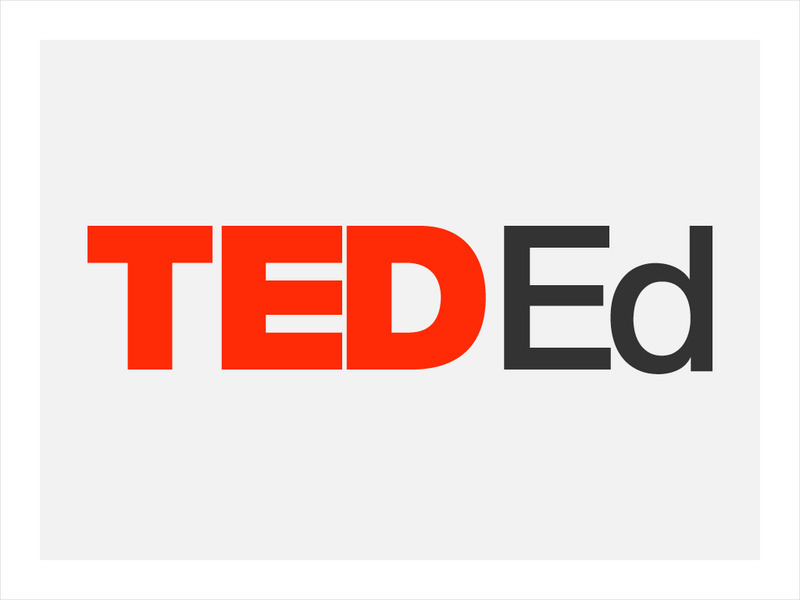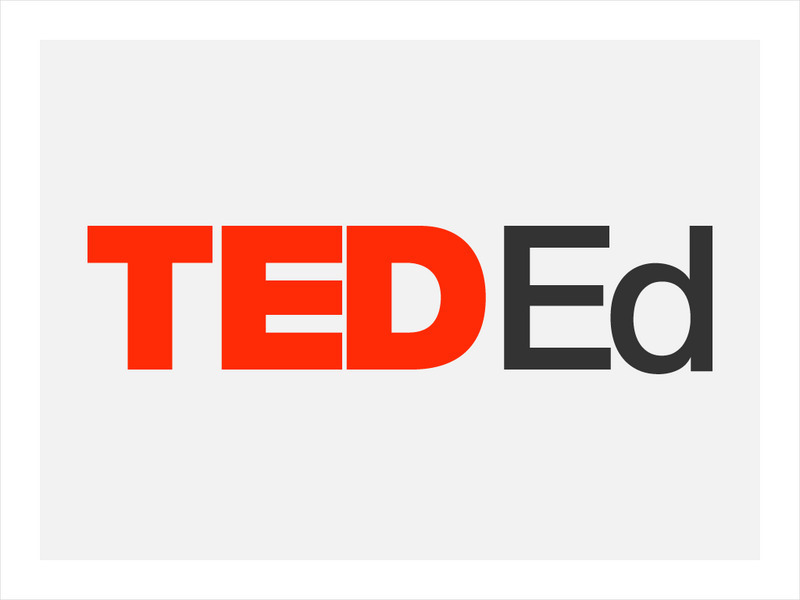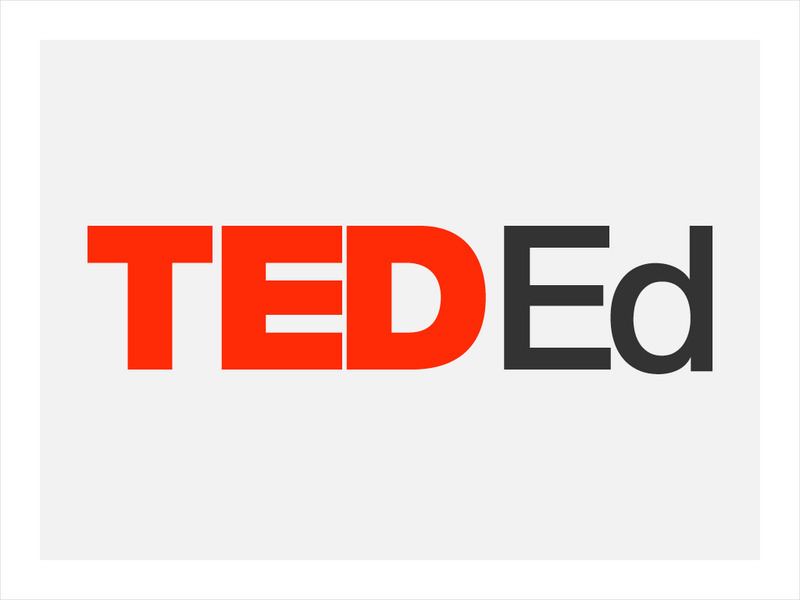TED Talks
Ted: Ted Ed: The Science of Milk
Jonathan J. O'Sullivan describes how milk is made. [5:23]
TED Talks
Ted: Ted Ed: Are Deodorants Bad for You?
Gabriel Weston from Brit Lab looks at how deodorants and antiperspirants work and whether or not the rumors that they can be harmful are true or false. [3:17]
TED Talks
Ted: Ted Ed: How to Master Your Sense of Smell
Some perfumers can distinguish individual odors in a fragrance made of hundreds of scents; tea-experts have been known to sniff out the exact location of a particular tea; and the NYC Transit Authority once had a employee responsible...
TED Talks
Ted: Ted Ed: What Does This Symbol Actually Mean?
What does the wheelchair image of the International Symbol of Access mean? Adrian Treharne explains. [4:10]
TED Talks
Ted: Ted Ed: How the Stethoscope Was Invented | Moments of Vision 7
The stethoscope is the single most widely used medical instrument in the world. But where did the idea come from? Jessica Oreck shares the modest origins of this incredibly useful item. [1:48]
TED Talks
Ted: Ted Ed: How Does Your Body Know What Time It Is?
Being able to sense time helps us do everything from waking and sleeping to knowing precisely when to catch a ball that's hurtling towards us. And we owe all these abilities to an interconnected system of timekeepers in our brains. But...
TED Talks
Ted: Ted Ed: This Temporary Tattoo Helps Women Have Healthy Pregnancies
Bioelectronics innovator Todd Coleman shares his quest to develop wearable, flexible electronic health monitoring patches that promise to revolutionize healthcare and make medicine less invasive. [9:39]
TED Talks
Ted: Ted Ed: Do We Really Need Pesticides?
Annually, we shower over 5 billion pounds of pesticides across the Earth to control insects, unwanted weeds, funguses, rodents, and bacteria that may threaten our food supply. But is it worth it, knowing what we do about the associated...
TED Talks
Ted: Ted Ed: Are Food Preservatives Bad for You?
Food doesn't last. In days, sometimes hours, bread goes moldy, apple slices turn brown, and bacteria multiply in mayonnaise. But you can find all of these foods out on the shelf at the grocery store thanks to preservatives. But what...
TED Talks
Ted: Ted Ed: Am I Really a Visual Learner?
You might consider yourself a visual learner, but is there really a way to categorize different types of students? [2:30]
TED Talks
Ted: Ted Ed: How Do You Get Rid of Acne?
Most of us have dealt with acne during puberty, or maybe even after that. And the question is always, "how do I get rid of it?" SciShow explains what causes acne, and how we can get rid of it appropriately. [8:52]
TED Talks
Ted: Ted Ed: What Causes Cavities?
When a team of archeologists recently came across some 15,000-year-old human remains, they made an interesting discovery: the teeth of those ancient humans were riddled with holes. So what causes cavities, and how can we avoid them? [5:00]
TED Talks
Ted: Ted Ed: What Happens to Our Bodies After We Die?
Farnaz Khatibi Jafari traces the evolution of how humanity has treated bodies and burials. [4:41]
TED Talks
Ted: Ted Ed: Is It Bad to Hold Your Pee?
Humans should urinate at least four to six times a day, but occasionally, the pressures of modern life force us to clench and hold it in. How bad is this habit, and how long can our bodies withstand it? Heba Shaheed takes us inside the...
TED Talks
Ted: Ted Ed: Could We Survive Prolonged Space Travel?
Prolonged space travel plays a severe toll on the human body: microgravity impairs muscle and bone growth, and high doses of radiation cause irreversible mutations. As we seriously consider the human species becoming space-faring, a big...
TED Talks
Ted: Ted Ed: What Would Happen if the World Went Vegetarian?
What would the planet look like if everyone became a vegetarian right now? [3:46]
TED Talks
Ted: Ted Ed: How Do Contraceptives Work?
Contraceptives are designed to prevent pregnancy in three basic ways: they either block sperm, disable sperm before they reach the uterus, or suppress ovulation. But is one strategy better than the other? And how does each one work?...
TED Talks
Ted: Ted Ed: How Americans Got Stuck With Endless Drug Commercials
Drug commercials are a relatively new phenomenon, and a strange sight in most of the world. So why do Americans see so many of them, and what are they doing to our health? [9:12]
TED Talks
Ted: Ted Ed: Aphasia: The Disorder That Makes You Lose Your Words
Susan Wortman-Jutt details a disorder called aphasia, which can impair all aspects of communication. [5:10]
TED Talks
Ted: Ted Ed: How a Single Celled Organism Almost Wiped Out Life on Earth
Anusuya Willis explains how cyanobacteria, simple organisms that don't even have nuclei or any other organelles, wrote a pivotal chapter in the story of life on Earth. [4:14]
TED Talks
Ted: Ted Ed: Which Sunscreen Should You Choose?
Mary Poffenroth explains how sunscreens work and compares different application methods, SPFs, and active ingredients to help you make the best choice. [4:39]
TED Talks
Ted: Ted Ed: What Causes Addiction?
What causes addiction? Easy, right? Drugs cause addiction. But maybe it is not that simple. Kurzgesagt takes a closer look at some of the other factors involved. [5:41]
TED Talks
Ted: Ted Ed: Why Do We Hiccup?
The longest recorded case of hiccups lasted for 68 years and was caused by a falling hog. While that level of severity is extremely uncommon, most of us are no stranger to an occasional case of the hiccups. But what causes these hics in...
TED Talks
Ted: Ted Ed: An Exercise in Self Compassion
Here is an exercise from the School of Life on how to lessen the voices of self-flagellation and learn to appreciate the role of self-care in a good and fruitful life. [4:42]




